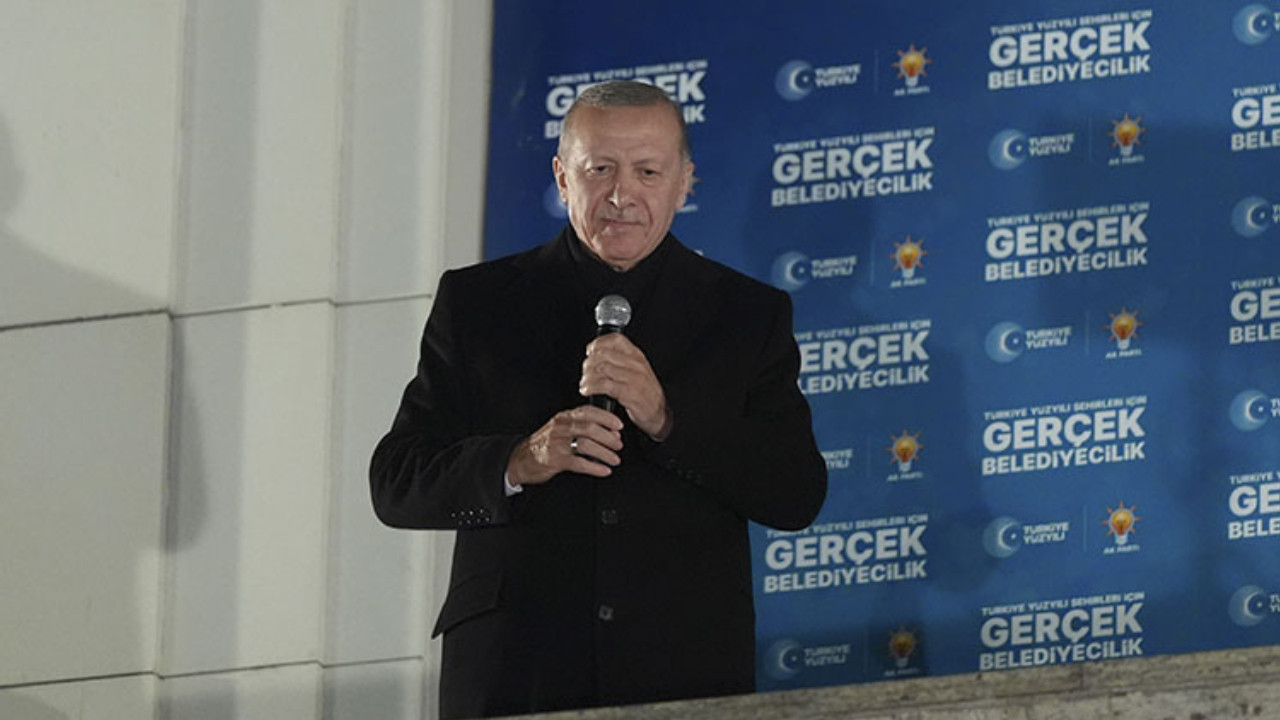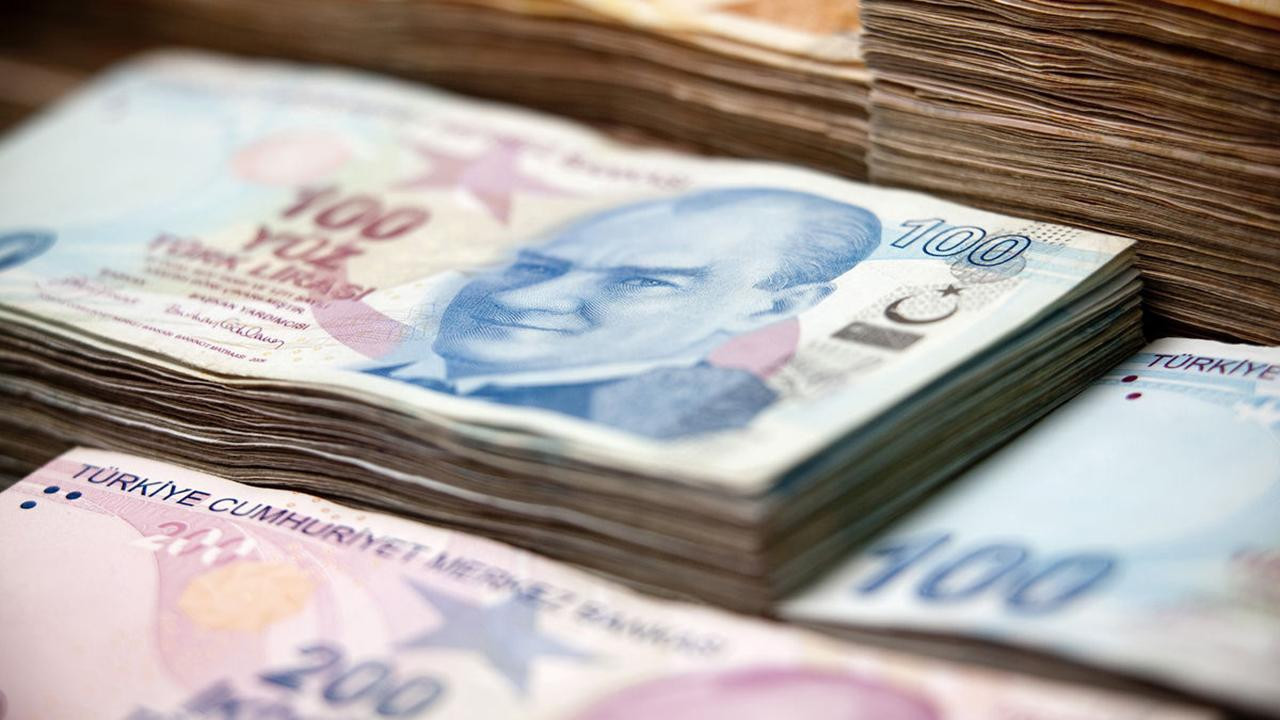Finance Minister Şimşek denies ‘crisis’ with Erdoğan over monetary policy
Turkey’s Treasury and Finance Minister Mehmet Şimşek has denied allegations of a “crisis” between him and President Recep Tayyip Erdoğan regarding the tight monetary policy implemented after the general elections of 2023, contributing to the ruling AKP’s setback in the local elections.
Duvar English
Mehmet Şimşek, Turkey’s Treasury and Finance Minister, on April 16 denied allegations of a “crisis” between him and President Recep Tayyip Erdoğan about the tight monetary policy that cost the ruling Justice and Development Party (AKP) the local elections, according to some commentators.
Şimşek posted a response on his social media account, claiming that news about a crisis were fabricated to create a false narrative about the government.
Bir süredir yalan haberlerle kasıtlı bir şekilde gündem oluşturulmaya çalışılıyor.
— Mehmet Simsek (@memetsimsek) April 16, 2024
Bizim derdimiz memlekete hizmet, gündemimiz yoğun. Bu zor coğrafyada ülkemizin sorunlarını çözmek, potansiyelini ve performansını artırmak için yapacak çok işimiz var.
Enflasyonu düşürmek,…
The minister ensured that Erdoğan has fully supported the monetary policy since its implementation in 2023, after the general elections of May.
“We are determined to decrease inflation, finance our current deficit, establish budgetary discipline, and resolve structural problems,” wrote Şimşek.
The Center for Countering Disinformation of the Turkish Presidential Communications Directorate also issued a statement regarding the crisis claims.
📌Bazı basın yayın organlarında yer alan, “Cumhurbaşkanı Erdoğan ile Bakan Şimşek arasında kriz ortaya çıktı ve kriz küresel sistemin devreye girmesiyle çözüldü” iddiası doğru değildir.
— Dezenformasyonla Mücadele Merkezi (@dmmiletisim) April 16, 2024
Cumhurbaşkanımız Sayın Recep Tayyip Erdoğan ile Hazine ve Maliye Bakanı Mehmet Şimşek… pic.twitter.com/4RkPdow1Ws
“Claims in some media outlets describing a ‘crisis’ that arose between President Erdoğan and Minister Şimşek are false,” read the statement.
The Center held that there existed no tension between Şimşek and Erdoğan, and stated that the “Medium Term Program” as well as the 12th Development Plan would continue to determine the roadmap to Turkey’s economy.
In the March 31 local elections, the ruling AKP not only lost some of its key municipalities and strongholds to the main opposition Republican People’s Party (CHP) but also came second for the first time since its foundation in 2002.
Some experts have interpreted the unexpected failure of the AKP in the local elections as a result of the unabating high inflation, and worsening economic conditions of the pensioners.
Ankara's annual "medium-term program" set a milestone in a broader policy U-turn during the 2023 summer after Erdoğan named a new cabinet and central bank chief. Since June, the new central bank has raised the interest rates from 8.5 percent to 50 percent, so far.
On April 15, the Finance Ministry announced a budget deficit of 513.5 billion Turkish liras ($15.8B) in the first quarter.


 President Erdoğan, Finance Minister Şimşek reiterate continuation of tight monetary policy after blow in local electionsEconomy
President Erdoğan, Finance Minister Şimşek reiterate continuation of tight monetary policy after blow in local electionsEconomy Turkey's inflation hit 68.5 pct ahead of election blow to ruling AKPEconomy
Turkey's inflation hit 68.5 pct ahead of election blow to ruling AKPEconomy Turkish government's budget deficit exceeds $15.8B in Q1Economy
Turkish government's budget deficit exceeds $15.8B in Q1Economy